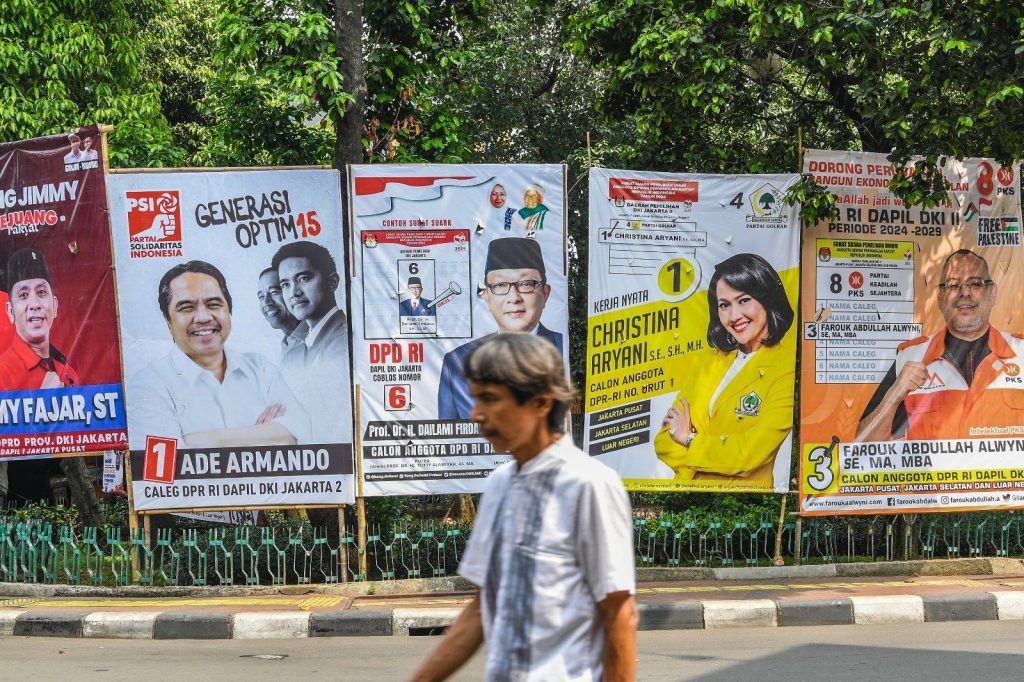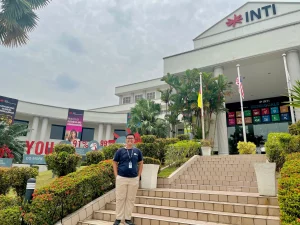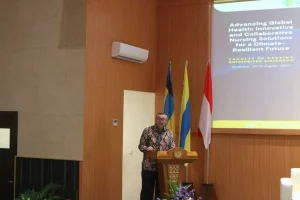UNAIR NEWS – In the 2024 Election Year, some new phenomena have emerged, setting it apart from the previous political years. One of those is ‘Politainment’, a fusion of ‘Politics’ and ‘Entertainment’, where political figures compete for public attention to be relevant and relatable through entertaining media coverage.
Quoted from the book The International Encyclopedia of Communication (2008), Politainment harnesses the potential of mass media to attract a wide audience and create figures that the public admires. It corroborates the research findings of Kompas.id, which indicated that the majority of voters in Indonesian elections are emotional voters, deciding on leaders based solely on personal preference.
To UNAIR NEWS, Communications Professor, Prof Dra Rachmah Ida M Com PhD shared her insights regarding the ‘Politainment in 2024’, on March 13. “The concept of Politainment is a novelty in Indonesia. Until now, such a phenomenon has never been observed in our political realm,” she said.
Politics or entertainment?
The tendency of Politainment in Indonesia still leans more toward political discourse rather than entertainment. For instance, when entertaining political news surfaces on social media, it still falls under the category of political news, albeit wrapped entertainingly.
“Until now, politics has been seen as a heavy topic, it’s only enjoyable for certain groups. With Politainment, politics is presented in a lighter manner that it can be enjoyed by a wider audience,” Prof Ida said.

Furthermore, Politainment allows society to be more open to political information. It broadens the horizons of new information for the general public.
Political ‘demythology’
When discussing the impact of Politainment news on the image of political figures, Prof Ida explained that the portrayal of these figures often turns negative. “For example, if there’s a video on social media showing the funny differences in statements made by the president five years ago compared to now, it might create a negative impression that the president is not consistent,” said Prof Ida.
Politainment brings about ‘demythology’, wherein society perceives political figures as no longer sacred. Now, people see politicians as ordinary individuals who can be scrutinized for their mistakes.
“Without any regulations on politainment, this phenomenon will continue. However, the crucial concern is that if this trend persists, it could lead to detrimental effects on democracy, fostering an unhealthy environment. In the future, there might be a reluctance to criticize leaders directly,” Prof Ida said.
Author: Adinda Aulia Pratiwi
Editor: Nuri Hermawan









